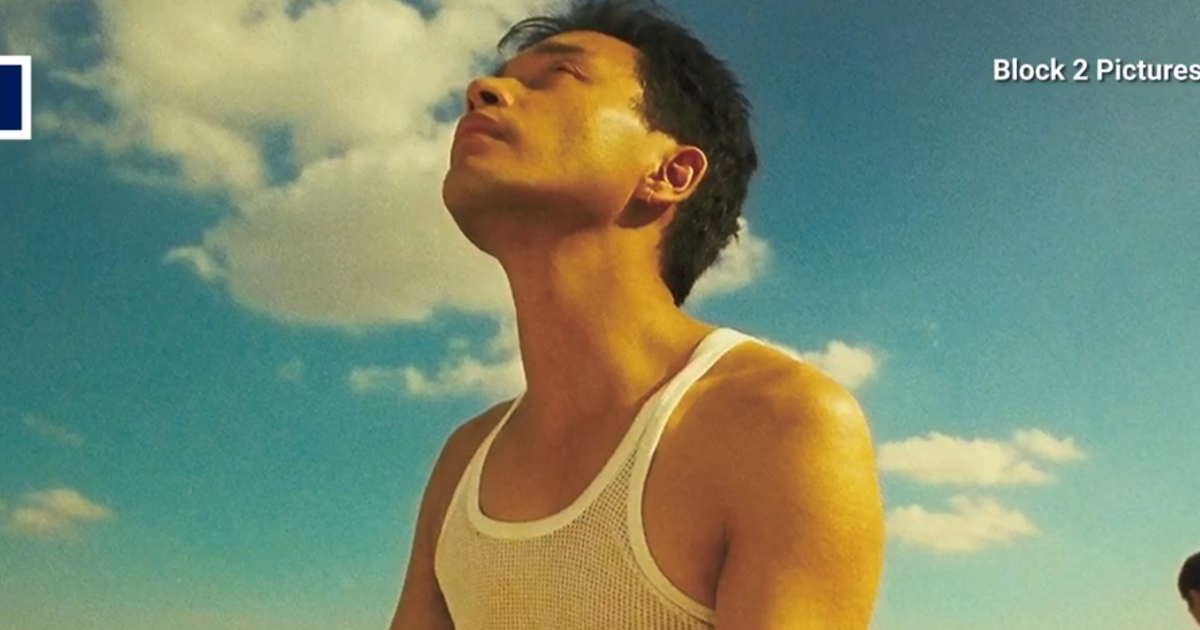Leslie Cheung: The 1970s pop star who lived a queer life in plain site
Long before queer visibility became part of pop cultures vocabulary, Leslie Cheung Kwok-wing was living it. In the 1970s and 80s, as Hong Kong moved between British colonial rule and an uncertain Chinese future, Cheung stepped onto the stage and quietly broke every rule about what a man could be. He was the citys brightest pop star, but also its most disarming contradiction elegant, emotional, and impossible to contain.Cheung was born in 1956, the youngest of ten children in a family that made suits for British businessmen. Fabric, gesture, and presentation were part of his upbringing. After a short stint studying in England, he returned home and entered a TV talent contest in 1977. He didnt win, but his voice tender, pure, and edged with melancholy caught the citys ear. By the early 1980s, he was a household name. Related Americas anti-Asian sentiment began with its super-racist immigration laws Cantopop, Hong Kongs signature sound, had found its face. While other male singers built their personas on confidence and swagger, Cheung leaned into vulnerability. He sang about heartbreak as if it were an unguarded confession. Onstage, he moved like a dancer, his performances lit with eyeliner, silk, and a kind of theatrical intimacy rarely seen from men in Chinese pop. He wasnt performing femininity so much as performing freedom.The public didnt know how to categorize him. Tabloids whispered about his sexuality; record labels worried he was too soft for export. But Cheung kept showing up beautiful, gentle, magnetic. To millions of fans, he became Gor Gor, Big Brother, the man who somehow embodied both strength and tenderness. He never declared himself a queer icon. He didnt have to. His art spoke the truth for him. Never Miss a Beat Subscribe to our newsletter to stay ahead of the latest LGBTQ+ political news and insights. Subscribe to our Newsletter today Hong Kong at the time was a city caught between modern aspiration and moral restraint. Homosexuality remained illegal until 1991, and gender nonconformity was still taboo. Yet Cheungs presence challenged that silence. His concerts were part pop spectacle, part emotional revival. The audience screamed not only for the songs but for the permission he gave them to feel everything.As his fame grew, so did his ambition. He began acting, bringing the same emotional intelligence to film that had defined his music. In Days of Being Wild (1990), directed by Wong Kar-wai, he played a drifter chasing a mother he could never find a portrait of longing and identity that mirrored Hong Kongs own unease. Three years later, in Farewell My Concubine (1993), he delivered a performance that would define his legacy. As Cheng Dieyi, a Peking-opera performer trained to live as a woman, Cheung turned gender itself into poetry. The film won the Palme dOr at Cannes, and his portrayal became one of cinemas most haunting studies of desire and performance.Cheungs art often walked a thin line between truth and exposure. He didnt label himself publicly, but he also refused to hide. By the mid-1990s, he had begun appearing openly with his partner, Daffy Tong. In 1997, at a sold-out Hong Kong Coliseum concert, he dedicated a love song to Tong before thousands of fans. In a society that still treated queerness as rumor, it was a quiet revolution a declaration of affection that needed no speech.His 1996 album Red pushed even further. The record fused lush electronic pop with theatrical visuals that blurred the boundaries of gender and costume. On stage, Cheung wore gowns designed by Jean Paul Gaultier and kissed male dancers under floodlights. For queer fans across Asia, it felt like oxygen. For the conservative press, it was a scandal. Cheung didnt flinch. Art must come from honesty, he once said, and he meant it. Behind the glamour, he struggled with depression. Friends described years of fatigue and isolation the cost of being both adored and misunderstood. On April 1, 2003, he took his own life at the Mandarin Oriental Hotel in Central Hong Kong. His final note mentioned his illness and thanked those who had loved him. The city grieved as if it had lost a family member. Tens of thousands gathered with candles and flowers. His songs filled the streets.Two decades later, Cheungs influence still hums through Asian pop. Younger artists cite him as proof that queerness and artistry are not contradictions. Museums display his concert costumes as cultural treasures. Every April 1, fans hold memorials not in mourning but in gratitude for the man who made beauty an act of truth.Leslie Cheung lived and created in full view of a world that wasnt ready for him. Yet he never performed invisibility. He turned the stage into sanctuary and made vulnerability a kind of armor. He showed that to be seen is sometimes the most radical form of survival.Subscribe to theLGBTQ Nation newsletterand be the first to know about the latest headlines shaping LGBTQ+ communities worldwide.




